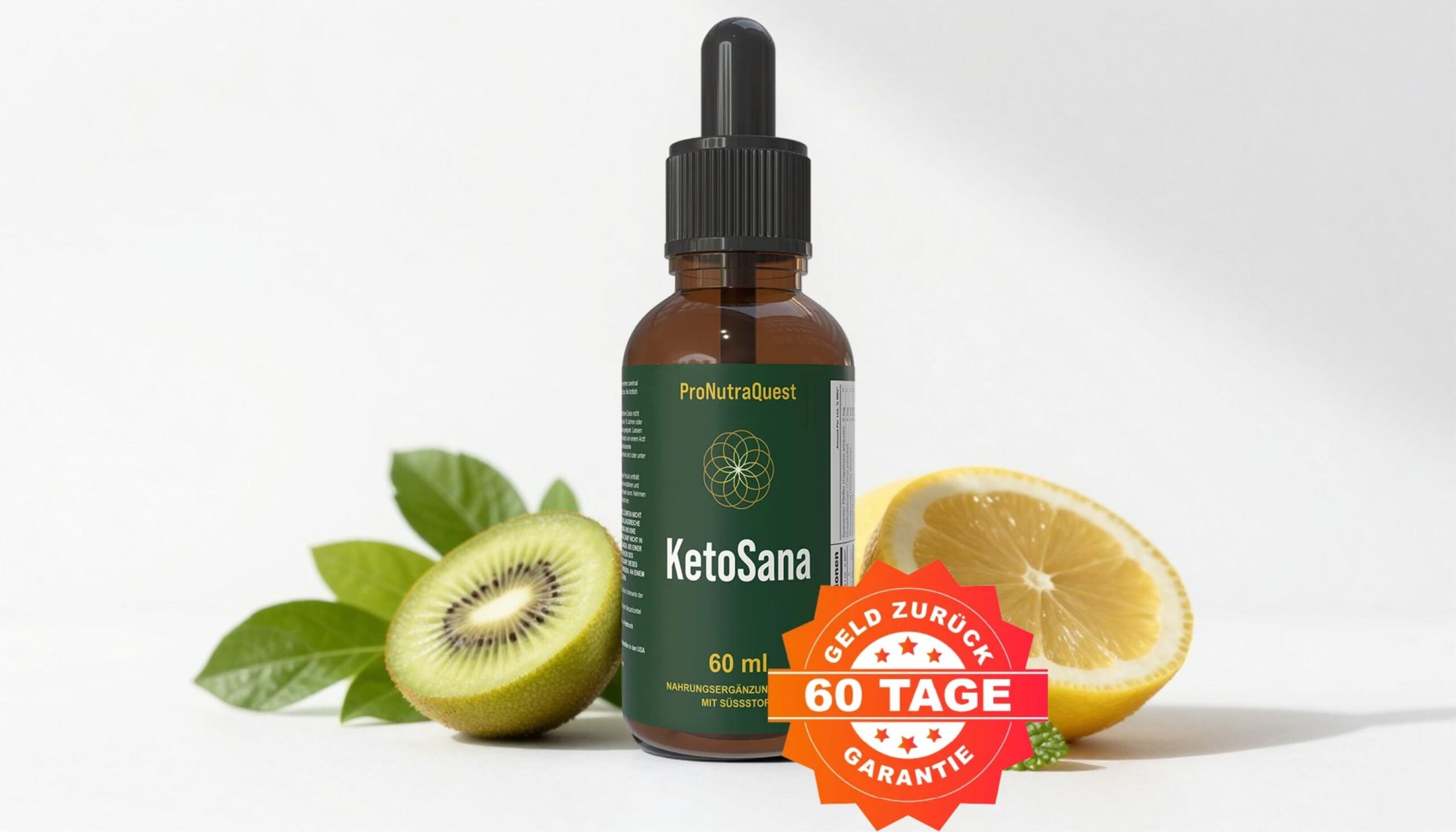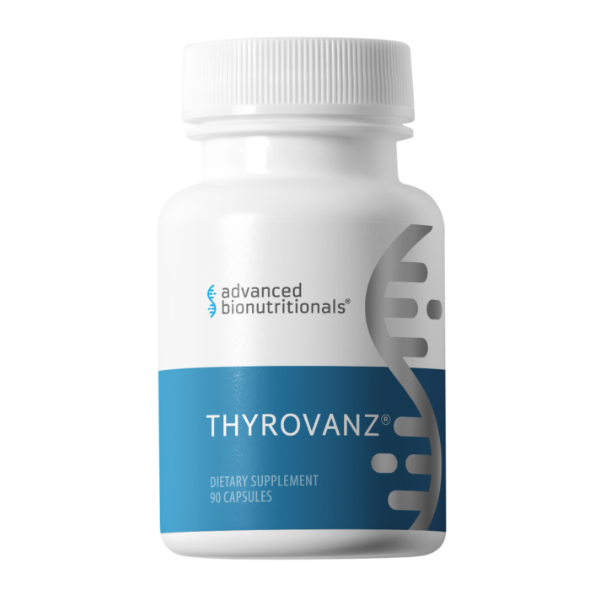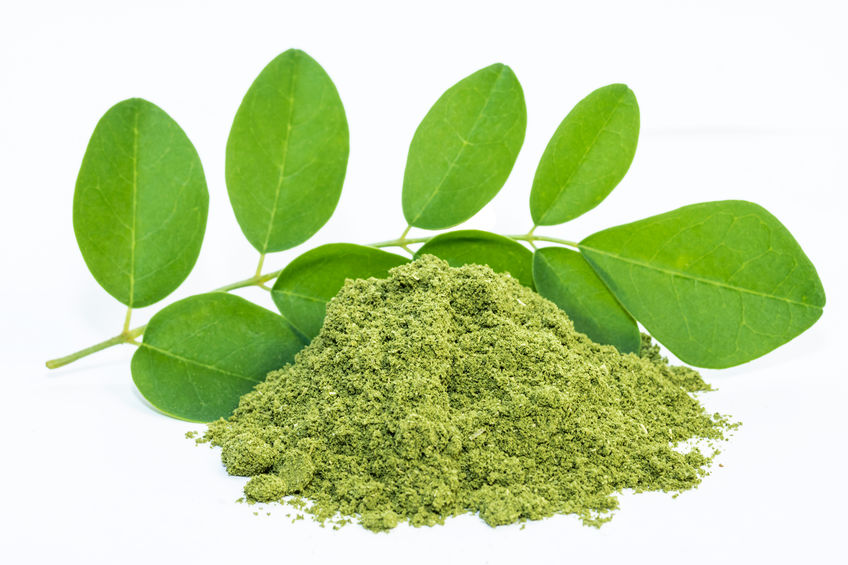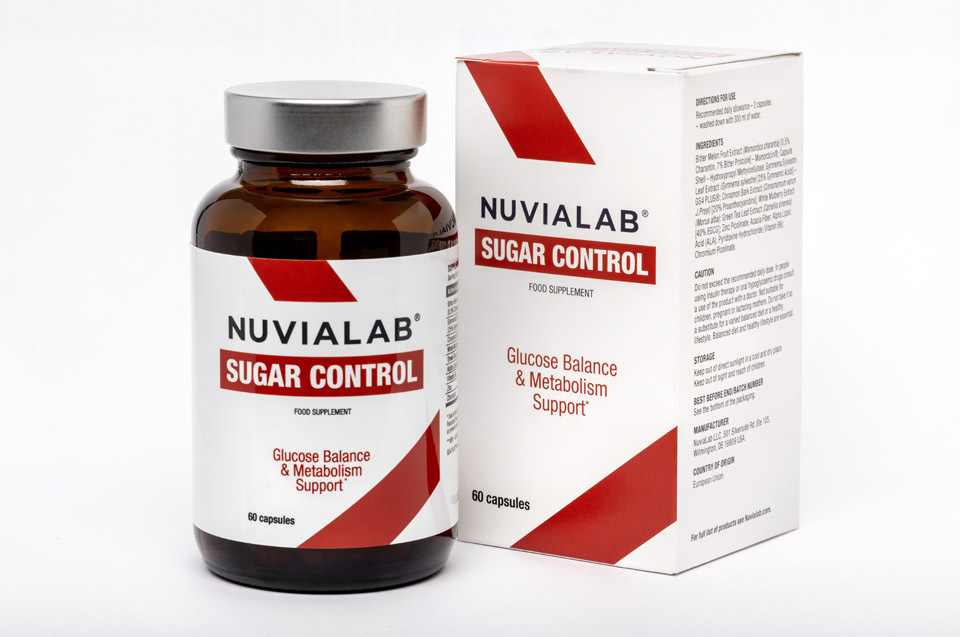Diabetes is a complex condition that affects a person’s health and well-being. There’s a growing interest in herbal supplements and natural remedies for diabetes. By comparing their effectiveness and safety, people with diabetes can make better choices for their health. This can lead to a more holistic way of managing diabetes.
Overview of Diabetes Treatment Options
Diabetes is a complex condition needing a detailed approach to management. The usual treatment includes lifestyle changes like diet and exercise, along with medications. Common medications for diabetes are insulin, metformin, sulfonylureas, and DPP-4 inhibitors. Each type has its own way of working.
Conventional Pharmaceutical Medications
Insulin is a key part of diabetes treatment. It comes in different types, each with its own timing. For example, rapid-acting insulin starts working in 15 minutes and peaks in an hour. Long-acting insulin starts in 2 hours and lasts 24 hours or more.
Other medications like metformin, sulfonylureas, and DPP-4 inhibitors are also important. They help control blood sugar levels and manage diabetes symptoms.
Diabetes Alternative Remedies
Some people with diabetes look into herbal supplements and natural remedies to help manage their condition. These can include herbs, vitamins, and minerals thought to improve blood sugar control, increase insulin sensitivity, and prevent complications. But, it’s important to talk to a healthcare provider before starting these supplements to make sure they’re safe and work well.
Role of Diet and Lifestyle in Diabetes Management
Keeping a healthy diet and staying active is key to managing diabetes. Eating right and exercising can help control blood sugar, make insulin work better, and prevent complications. While meds and supplements can help, lasting lifestyle changes are crucial for good diabetes control.
For those with type 2 diabetes, being overweight, especially in the liver and belly, can make insulin needs go up. Eating well and moving more can help manage weight and boost metabolic health. A sedentary man of 250 pounds should eat about 2500 calories a day to stay the same weight. To lose 1 to 2 pounds a week, he should eat 1500 to 2000 calories.
For a healthy diet with diabetes, pick the right carbs, fats, and proteins. Foods high in fiber mean you subtract the fiber from carbs to figure out your insulin dose. There are many diets that work for diabetes, like low-fat, low-carb, Mediterranean, and vegetarian.
Staying active is also key for diabetes care. Adults should do at least 150 minutes of moderate exercise a week. They should also do strength exercises 2 to 3 times a week. Exercise boosts insulin sensitivity and lowers blood sugar, cutting down on diabetes risks.
By eating well and staying active, people with diabetes can improve their health and well-being. Lasting lifestyle changes, along with medical care, are vital for managing diabetes symptoms and complications.
Potential Benefits of Herbal Supplements
Some people believe that herbal supplements can help manage diabetes. They think these supplements can improve blood sugar control, make insulin work better, and lower the risk of diabetes complications. But, we need more studies to be sure about their benefits.
Blood Sugar Control
Herbs like cinnamon, bitter melon, and fenugreek might help control blood sugar. Cinnamon has been shown to lower blood sugar in people with diabetes. Bitter melon extract can also help reduce blood sugar levels. Fenugreek seed might even help prevent type 2 diabetes.
Insulin Sensitivity
Herbs and compounds like chromium, alpha-lipoic acid, and vanadium can make insulin work better. Chromium supplements might help control diabetes by improving insulin efficiency. But, we need more research to be sure.
Preventing Complications
Herbs like Gymnema sylvestre and ginger might prevent diabetes complications. Gymnema sylvestre, known as “sugar destroyer,” can lower blood sugar and improve health. Ginger can also help reduce blood sugar and improve diabetes control.
Even though herbal supplements show promise for diabetes, we need more research. It’s important to talk to a healthcare provider before using them. They can help you make safe choices for your health.
Herbal Supplements Compared to Pharmaceutical Medications in Managing Diabetes
Managing diabetes can be done with herbal supplements or pharmaceutical medications. Each has its own pros and cons. Conventional drugs like metformin and insulin are well-studied and approved by the FDA. They help control blood sugar and prevent serious health issues. But, they can have side effects and may be expensive.
Herbal supplements are often cheaper and seen as more natural by many people with diabetes. Studies show that some herbs, like aloe vera and psyllium fiber, can lower HbA1c levels. This is important for controlling blood sugar over time. Other herbs, such as Nigella sativa and Astragalus membranaceus, can also reduce HbA1c levels significantly.
Even though herbal supplements have benefits, their safety and effectiveness are not as proven as traditional diabetes drugs. This is because the herbal supplement industry is not as strictly regulated. Some herbal remedies might also interact with other medicines, causing bad reactions.
Choosing between herbal supplements and traditional medications should be done with a healthcare provider’s advice. They can look at your specific needs and the latest research on both options. This way, a plan can be made that works best for you, helping to manage diabetes and prevent complications.

Promising Herbs for Diabetes Management
Several herbs have shown promise in supporting the management of diabetes. Cinnamon, bitter melon, and fenugreek are some examples. They could help regulate blood sugar levels and improve insulin sensitivity.
Cinnamon
Cinnamon comes from the bark of certain Cinnamomum trees. It has been studied for lowering fasting blood glucose in people with diabetes. Research shows it might make insulin work better and help control blood sugar.
Some studies found cinnamon could lower HbA1c levels in type 2 diabetes patients. HbA1c measures blood sugar control over time.
Bitter Melon
Bitter melon is a vegetable used in traditional medicine. It’s shaped like a gourd and has compounds that might act like insulin. This could help lower blood sugar levels.
Studies show bitter melon can help control blood glucose and HbA1c in type 2 diabetes patients.
Fenugreek
Fenugreek is a plant used in Ayurvedic and traditional Chinese medicine. It has been found to improve insulin sensitivity and blood sugar control. Many studies suggest fenugreek can help manage diabetes by lowering HbA1c levels.
The seeds of fenugreek are especially rich in compounds that help with these effects.
While these herbs look promising, more research is needed. It’s important to talk to a healthcare provider before using them for diabetes management. As with any supplement, it’s crucial to consult a healthcare provider before adding them to your treatment plan.
Vitamin and Mineral Supplements for Diabetes
Some vitamins and minerals might help manage diabetes. Chromium is a key mineral that could make insulin work better and lower blood sugar. Alpha-lipoic acid is an antioxidant that might lessen oxidative stress and help with diabetes complications.
Chromium
People usually need 20–35 mcg of chromium daily, which comes from food. But for diabetes, taking up to 1,000 mcg might be needed. Chromium is important for better insulin use and controlling blood sugar.
Alpha-Lipoic Acid
Alpha-lipoic acid (ALA) is a strong antioxidant for diabetes. Studies show it can ease diabetic neuropathy pain. You can take ALA as a pill or by injection.
Though these supplements look promising, their safety and effectiveness are still being studied. They should be used carefully and with a doctor’s advice, as they might affect other medicines. It’s best to eat well and work with your doctor to manage diabetes.
Safety Considerations and Herb-Drug Interactions
Herbal supplements and natural remedies might seem like a safe choice instead of traditional diabetes drugs. But, it’s key to know about possible safety issues and interactions with other drugs. Some herbs, like bitter melon and alpha-lipoic acid, can lower blood sugar too much, especially with diabetes drugs. People with diabetes should talk to their doctor before using any herbal supplements or natural therapies to stay safe and avoid bad reactions.
A study by Turner et al. (1999) found that people with type 2 diabetes often need more than one treatment to control their blood sugar. A review by Colalto (2010) also pointed out how herbs can affect how well diabetes drugs work. It’s important to be careful when mixing herbal supplements with diabetes drugs because these interactions can be serious.
Herbal products don’t go through the same strict testing as regular drugs. Their quality and strength are not always certain. This means we don’t know much about their safety or how they might work with diabetes drugs. CDC data shows that about 25 percent of Americans using unconventional therapies don’t tell their doctor about it, and only 70 percent do.
People with diabetes need to know the risks of using herbal supplements and talk to their doctor about it. Working with their medical team helps ensure they manage their diabetes safely and effectively. This way, they can avoid problems with herb-drug interactions and other safety issues.
In short, herbal supplements might help with diabetes, but caution is needed. Thinking about safety and possible interactions is key to managing diabetes well. Talking openly with doctors helps people with diabetes make smart choices and use herbal supplements safely.
Integrating Herbal Supplements into Diabetes Care
Many people with diabetes find that using both traditional medicine and herbal supplements works best. It’s important to talk with a healthcare provider to make a plan that fits your needs. This way, you can safely use natural remedies as part of your diabetes care.
In the U.S., about 108-113% of adults use herbal medicine. In Nigeria, people prefer herbal medicines over others. Studies in Egypt, Saudi Arabia, and other countries show that herbal supplements are common among those with diabetes.
When adding herbal supplements to diabetes care, there are important things to think about. You should know how certain herbs can help with blood sugar, make insulin work better, and prevent diabetes problems. But, you also need to watch out for any risks of mixing herbal remedies with your regular diabetes medicines.

Working with a healthcare provider helps create a plan that uses both traditional and natural therapies. This approach can improve blood sugar control, lower the risk of complications, and make life better for those with diabetes.
Conclusion
Diabetes is a complex condition needing a detailed approach to manage it. Many people with diabetes look into herbal supplements and natural remedies. Herbs like cinnamon, bitter melon, and fenugreek, along with vitamins and minerals, may help control blood sugar and improve insulin sensitivity.
But, the evidence on these natural therapies is still limited. They should be used carefully and with a healthcare provider’s advice. This ensures they are safe and effective.
A mix of traditional and natural treatments might be the best way to handle diabetes. Herbal supplements could add to traditional treatments, but we need more research to know their full benefits and risks. Patients should talk with their healthcare team to find the right approach for them.
Herbal supplements for diabetes show promise but shouldn’t replace traditional medicines. They could be a helpful addition to a treatment plan. This approach considers what each person needs and prefers.
FAQ
How do herbal supplements compare to pharmaceutical medications in managing diabetes symptoms?
What are the conventional pharmaceutical medications used to treat diabetes?
How important is diet and lifestyle in managing diabetes?
What are some of the potential benefits of herbal supplements for diabetes management?
What are the advantages and disadvantages of using herbal supplements compared to pharmaceutical medications for diabetes?
What are some of the most promising herbs for diabetes management?
What are some of the vitamin and mineral supplements that may benefit people with diabetes?
What are the safety considerations when using herbal supplements for diabetes?
How can herbal supplements be integrated into a comprehensive diabetes management plan?
Source Links
- Type 2 diabetes: Using herbs and supplements
- 4 Natural Supplements That Are as Powerful as Drugs
- Diabetes and Herbal (Botanical) Medicine – Herbal Medicine
- Complementary and Alternative Medicine for Diabetes – Health Encyclopedia
- Alternative therapies useful in the management of diabetes: A systematic review
- No title found
- Interactions between antidiabetic drugs and herbs: an overview of mechanisms of action and clinical implications
- Non-Pharmaceutical Intervention Options For Type 2 Diabetes: Complementary & Integrative Health Approaches (Including Natural Products And Mind/Body Practices) – Endotext
- Cinnamon: Potential Role in the Prevention of Insulin Resistance, Metabolic Syndrome, and Type 2 Diabetes
- Do Cinnamon Supplements Have a Role in Glycemic Control in Type 2 Diabetes – A Narrative Review?
- Bitter Melon and Diabetes: Does It Help?
- Antidiabetic effects of Momordica charantia (bitter melon) and its medicinal potency
- The Effects of Momordica charantia on Type 2 Diabetes Mellitus and Alzheimer’s Disease
- Milk Thistle: Benefits and Side Effects
- Milk thistle
- The Effect of Fenugreek in Type 2 Diabetes and Prediabetes: A Systematic Review and Meta-Analysis of Randomized Controlled Trials
- The Role of Fenugreek in the Management of Type 2 Diabetes
- Phytochemical and Pharmacological Properties of Gymnema sylvestre: An Important Medicinal Plant
- Consuming Gymnema sylvestre Reduces the Desire for High-Sugar Sweet Foods
- The Amazing and Mighty Ginger – Herbal Medicine
- Evaluation of the Anti-Diabetic Activity of Some Common Herbs and Spices: Providing New Insights with Inverse Virtual Screening
- Herbs and Supplements for Diabetes
- Vitamins & Supplements for Diabetes
- Perception of herbs use in treating diabetes among patients attending specialized polyclinics of National Guard Health Affairs, Jeddah
- Herbal medicine from the perspective of type II diabetic patients and physicians: what is the relationship?
- Herbal versus Synthetic Medicines
Affiliate Disclosure
The links contained in this article may result in a small commission to us if you opt to purchase the products recommended at no additional cost to you. This goes towards supporting our research and editorial activities so that we can only provide informed advice.
Disclaimer
Please understand that any advice or guidelines revealed in this article are not in any way a substitute for sound medical advice from a licensed healthcare provider. Make sure to consult with a professional physician before using any of the advice provided here, especially if you use medications or have concerns following the advice shared in this article. Individual results may vary. The products recommended in this article are not intended to diagnose, treat, cure, or prevent any disease.







